Baku, Nov 14 (V7N) — Chief Adviser Professor Dr. Muhammad Yunus emphasised the need for increased financial and technical support to foster green industries in climate-vulnerable countries at the COP-29 conference’s 'High-Level Climate Club Leaders' meeting, hosted by Germany and Chile. He underscored that climate-prone nations, especially those with limited decarbonization capacity, require international backing to achieve sustainable development goals.
Dr. Yunus stated that Bangladesh is prepared to collaborate with the Climate Club through initiatives in capacity building, technology transfer, and concessional finance to support the decarbonisation process. He highlighted the urgency of reducing global greenhouse gas emissions by 43% by 2030 and achieving net-zero emissions by 2050 to limit global warming to 1.5 degrees Celsius, as set in the Paris Agreement.
Addressing the substantial financial barriers to decarbonization for developing countries, Professor Yunus advocated for accessible, concessionary financing to drive industrial decarbonisation in emerging markets like Bangladesh. He also called for international cooperation to facilitate capacity building and technology transfer, especially under Article 6.8 of the Paris Agreement.
Further, he recommended creating international mechanisms like carbon pricing or cap-adjustment taxes to ensure equitable carbon costs on imports, while acknowledging the special requirements of least-developed countries (LDCs) that may need preferential treatment due to their unique development challenges.
Professor Yunus cautioned that stringent carbon emission standards could strain industries in vulnerable countries by raising production costs and reducing global competitiveness. However, he supported the EU’s proposed Carbon Border Adjustment Mechanism (CBAM) as an incentive for countries to enhance their climate policies by setting robust emission standards on exported products.
He concluded by stressing the importance of international cooperation for a just and inclusive transition that will stimulate economic growth and job creation in developing nations.
END/MSS/AJ



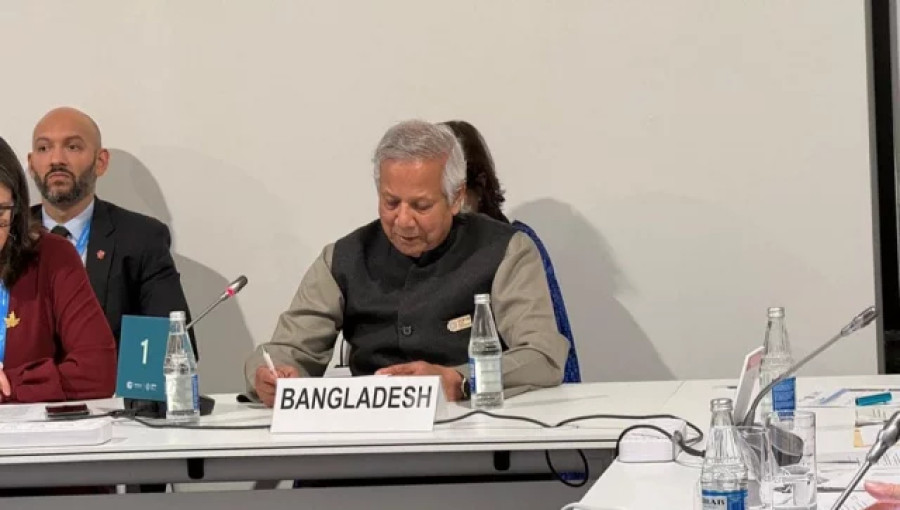
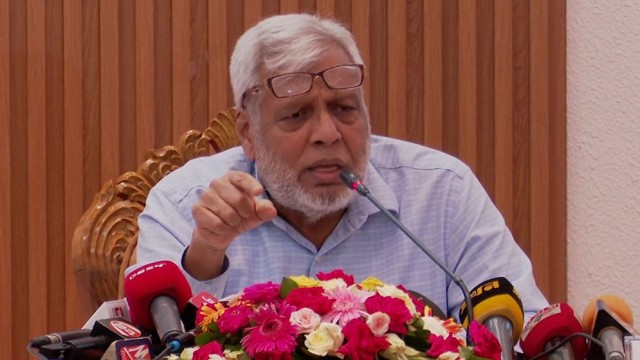
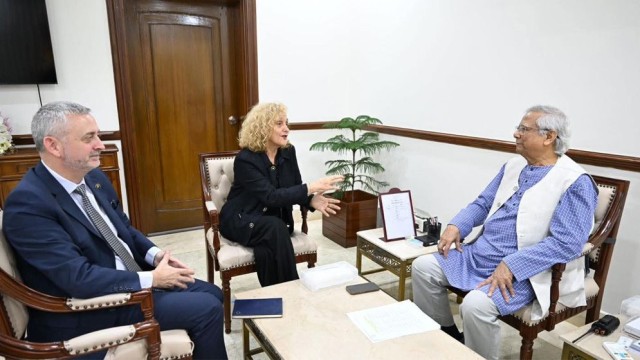
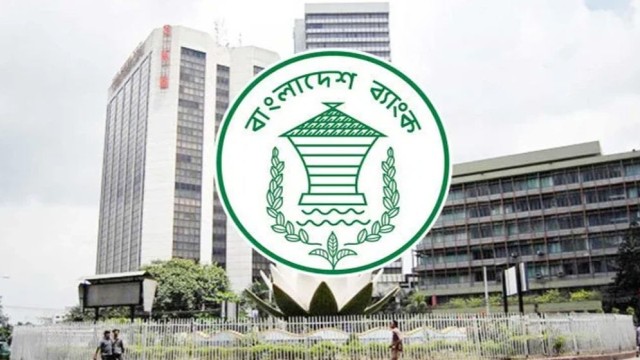

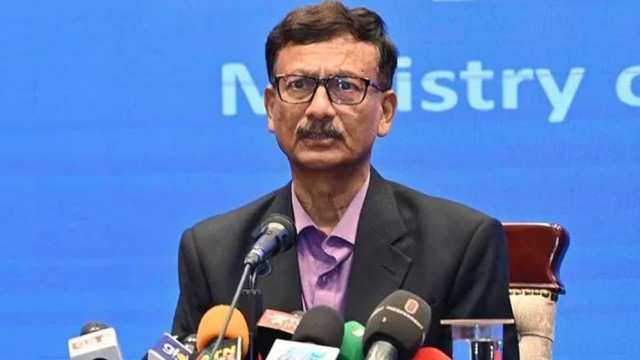

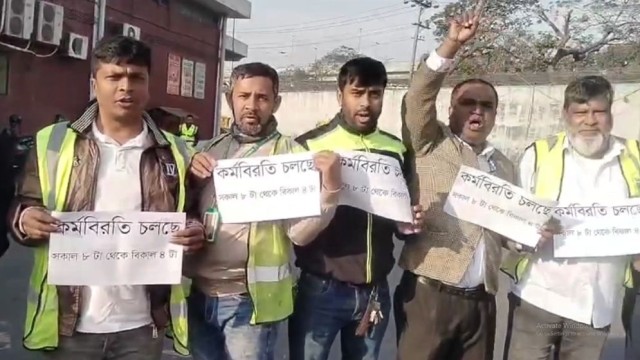

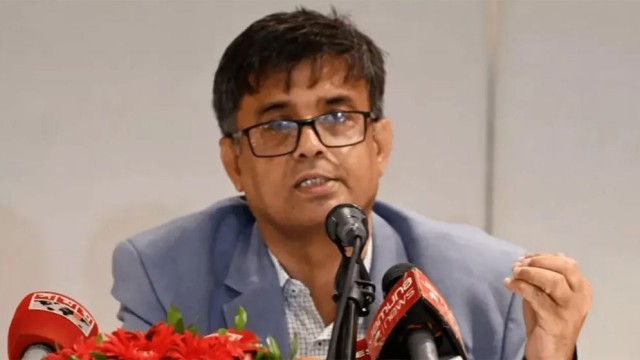




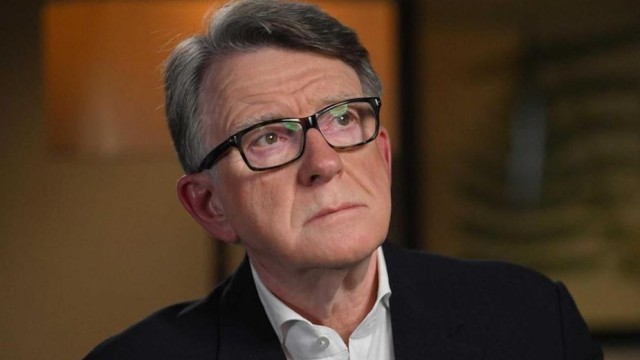




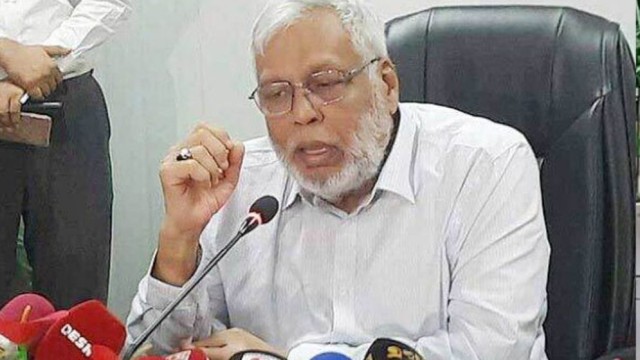







Comment: